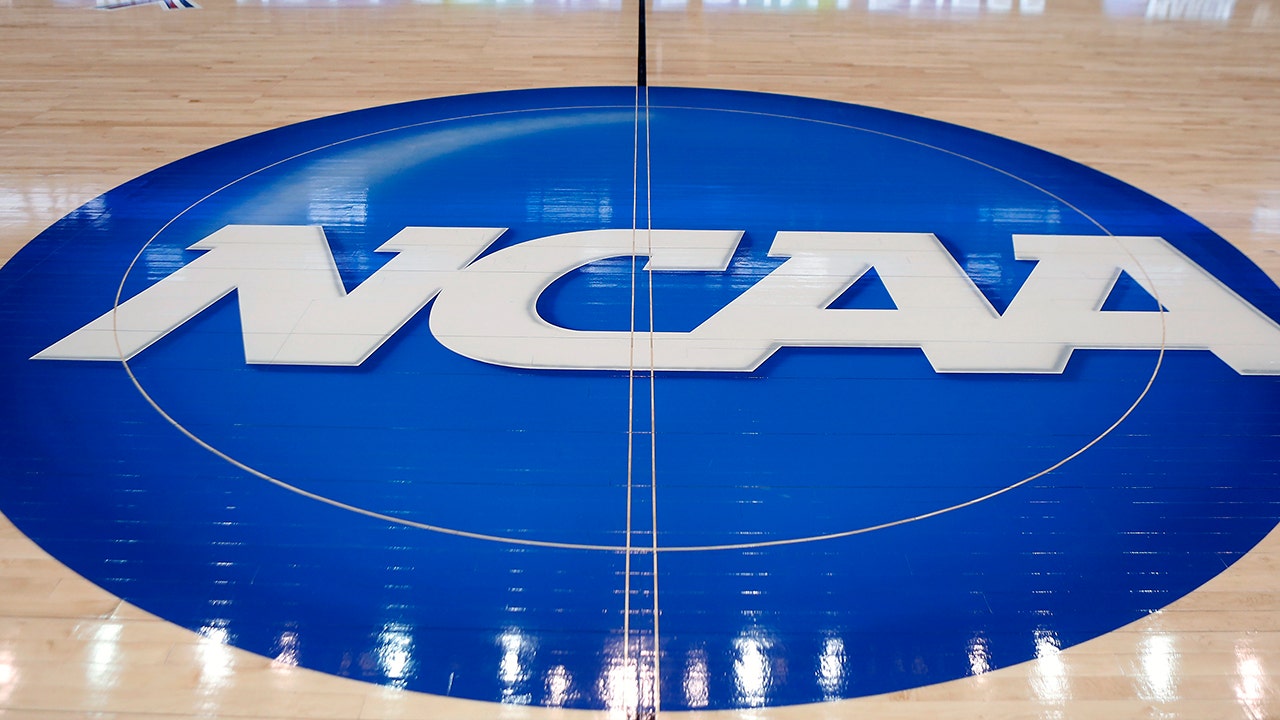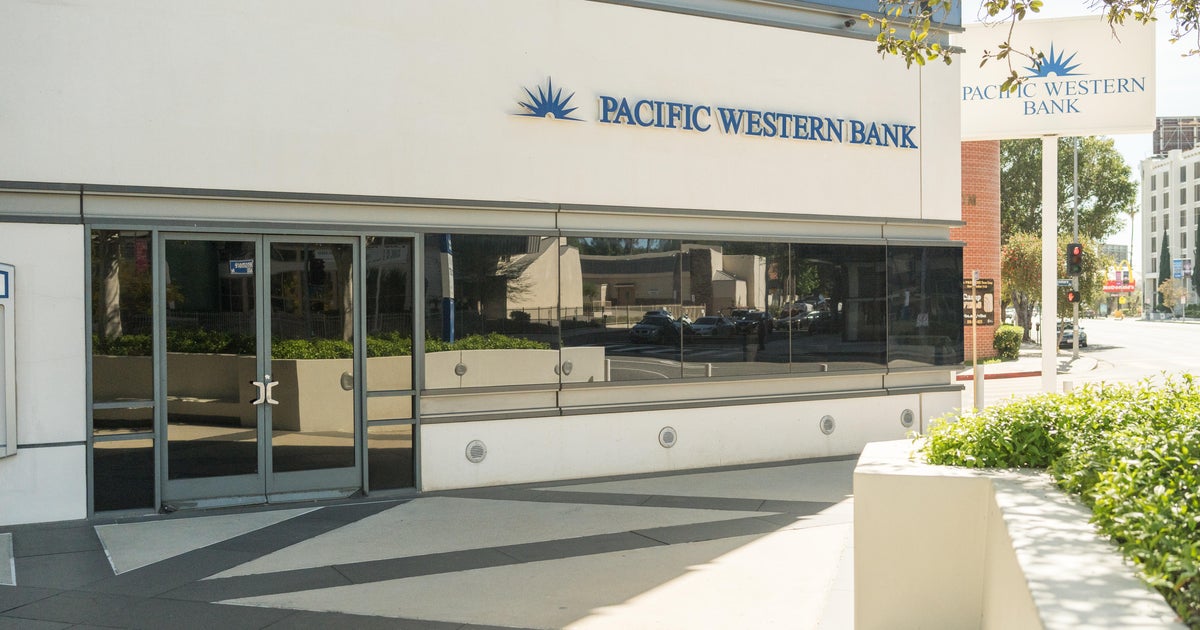JPMorgan Chase’s move to acquire most of First Republic Bank’s assets this week hasn’t stemmed investor concerns about the financial prospects for other regional lenders.
The stock prices of Comerica, PacWest Bancorp, Western Alliance Bank and Zions Bank shares fell sharply Tuesday as attention shifted to other financial players that could be at risk of the startling bank runs that have taken down First Republic, Silicon Valley Bank and Signature Bank in recent weeks.
“Wall Street is quickly hitting the sell button as banking turmoil appears it is not going away anytime soon and is ready to focus on the next weakest link — potentially distressed lenders with tremendous exposure to commercial real estate,” Edward Moya, a senior market analyst at Oanda, said in a research note.
Shares of Los Angeles-based PacWest, with $44 billon in assets, plunged 28%, while $65 billion Western Alliance tumbled 15%. The KBW regional bank index fell 5.5% on the day and is down 28% this year.
The selloff comes one day after JPMorgan won a government bid to take over most of assets of First Republic, which was seized by bank regulators as part of the deal. JPMorgan CEO Jamie Dimon said on Monday that the emergency deal would help stabilize the banking industry, while warning that the turmoil affecting midsize and small lenders could continue.
Investors aren’t withdrawing from PacWest and Western Alliance for the same reasons they ditched Silicon Valley Bank, said Adam Crisafulli, an analyst at Vital Knowledge. In March, customers pulled their money out because of concerns the banks could be on the hook for hefty losses, Crisafulli said in a research note.
“That is not spurring the selling now,” he said. “Instead, the anxiety today is more philosophical, with people asking ‘Why do you exist?’ with regards to many regionals.”
For some investors, regional banks are becoming akin to “stodgy brick-and-mortar retailers focused on selling non-perishable commodity products,” Crisafulli added.
Regional bank leaders say they’ve become collateral damage to Silicon Valley Bank’s failure, but some banks showed signs of stress even before SVB’s collapse. PacWest saw its deposits fall by $5.7 billion between January and March, Kevin Thompson, chief financial officer, said in an earnings call last week. Western Alliance, which also posted earnings last week, reported $3.3 billion in deposit outflows.
Despite the recent bank failures, officials from the U.S. Treasury Department, Federal Deposit Insurance Corporation and the Biden administration have repeatedly expressed confidence in the stability of the broader banking system.
Yet investors have increasingly shunned banks that, like SVB, have large amounts of uninsured deposits — accounts holding more than the FDIC’s $250,000 deposit insurance limit. Some banks have also been wrong-footed by rising interest rates, which have raised their costs at the same time that depositors have withdrawn funds in search of higher-returning investments.















































